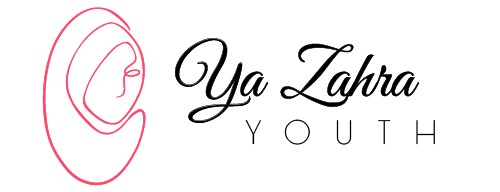In Islam, actions of a Muslim can be categorized into a few categories:
Wajib
Obligatory, necessary, incumbent. An act which must be performed. You will be rewarded for performing it and punished for neglecting it, e.g., the daily prayers, the fasting of Ramadhan.
Haram
Forbidden, prohibited. It is necessary to abstain from the acts which are haram. If someone performs a haram act, he will be punished, e.g., eating pork.
Sunnat, Mustahab
Recommendable, desirable. The acts whose neglect is not punished, but whose performance is rewarded, e.g., the call for prayers (adhan).
Makruh
Reprehensible, disliked. The acts whose performance is not punished, but whose avoidance is rewarded, e.g., eating in the state of janabat.
Ja’iz, Halal, Mubah
Permitted, allowed, lawful, legal. The acts or the things which are permitted and lawful. There is no reward for performing it and no punishment for neglecting it, e.g., drinking tea. Mubah is exclusively used for lawful things, not for permitted actions.
Ihtiyat Mustahab and Ihtiyat Wajib
When reading through the rulings of your Marja-e-Talid or Mujtahid, you may see the following terms:
Ihtiyat Wajib:
Precautionarily obligatory. (You may see this term when reading through the rulings of your Marja-e-Taqlid.) Its significance is the same as that of wajib with the difference that in the problems where a mujtahid says it is “precautionarily obligatory”, one has the option of leaving his taqlid (following) in this particular problem and following the rulings of the second-best mujtahid in that problem. (Taqlid: Meaning and Reality, Sayyid Muhammad Rizvi)
Ihtiyat Mustahab:
Always accompanies a fatwa, meaning, in that ruling, along with the Mujtahid expressing his opinion, he also gives a precautionary measure, and in that ruling, the Muqallid (follower) can act either according to the fatwa or to the Ihtiyat, and is not allowed to refer to another Mujtahid. (Simplified Islamic Laws for Youth and Young Adults, Sayyid Ali Hussaini Sistani)

